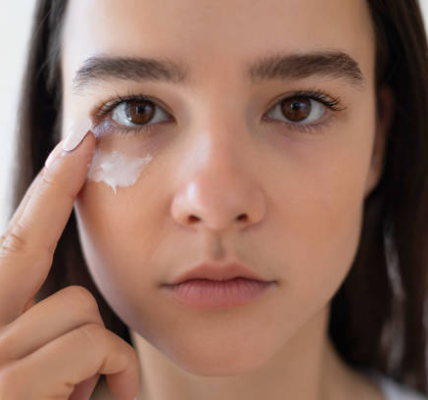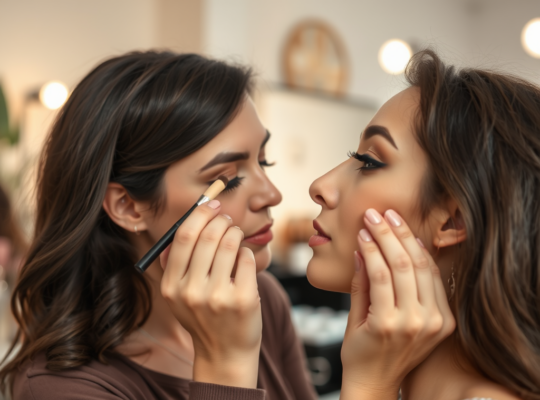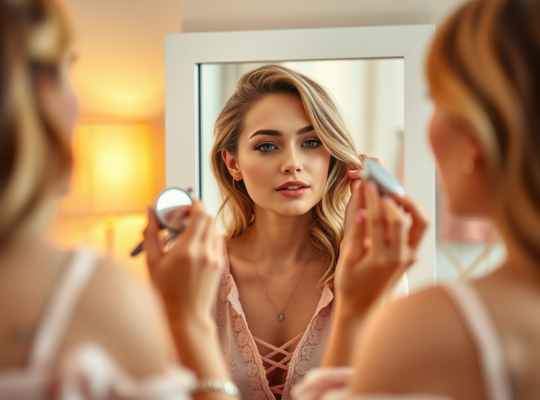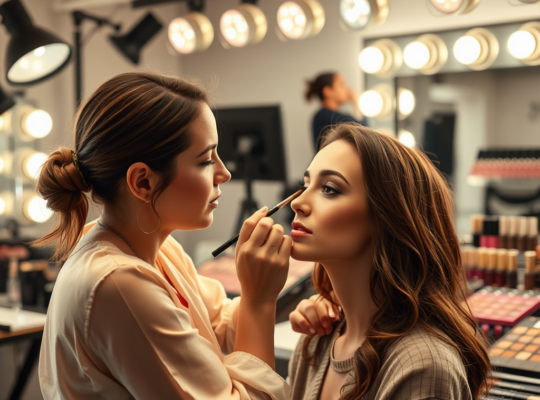When it comes to personal care routines, there is a common perception that more is better. This can especially be true for haircare, where the fresh feeling of clean hair is often sought after through daily washing. However, before diving into the bubbly depths of shampoos and conditioners, it’s crucial to understand that hair’s requirements can drastically vary from person to person. While some individuals might benefit from daily washing, for others, it could lead to a host of issues like dryness, irritation, and even damage. The key is to recognize and complement your hair’s unique characteristics and demands.
Understanding Hair Health
The Basics of Hair Anatomy
Each strand of hair on your scalp starts from an individual hair follicle, which anchors the hair into the skin. The hair shaft, the part that actually extends outside the scalp, is made up of three layers: the medulla at the core, surrounded by the cortex, and finally, the protective cuticle. These layers work in synergy to protect your hair, but are also subjected to the stress caused by environmental factors and daily grooming practices, including washing.
How Shampoo Affects Your Hair
Shampoos are designed to cleanse the scalp and hair by removing dirt, oil, and product buildup. The primary mechanism by which shampoos work is through surfactants that dissolve the unwanted residues, allowing them to be washed away with water. However, these surfactants can also strip away the natural oils (sebum) that keep hair moisturized and protected. Here’s a quick glimpse at the role of sebum and shampoos through a table:
| Natural Oil (Sebum) | Function in Hair Health | Effect of Shampoos |
|---|---|---|
| 1. Lubricates scalp | Prevents dryness and flakiness | Can strip away moisture |
| 2. Coats hair shaft | Protects against damage and breakage | May weaken hair integrity |
| 3. Provides shine | Enhances hair’s visual appeal | Over-cleaning can lead to dullness |
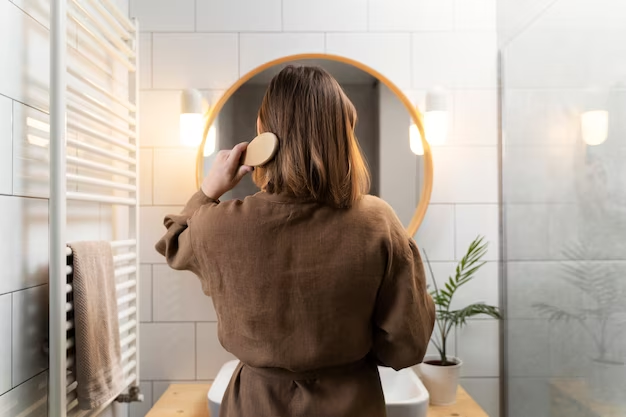
The Effects of Daily Hair Washing
Stripped Natural Oils
Daily exposure to shampoos can lead to a significant decrease in natural scalp oils, which can result in hair feeling dry and brittle. These oils are essential for maintaining the natural luster and pliability of hair strands, which means their absence can make your hair more susceptible to breakage and split ends.
Scalp Irritation and Dryness
As we continue to wash our hair every day, we risk disturbing the balance of the scalp’s environment. This disruption often leads to irritation, which can present itself as redness, itching, or flakiness—a condition also known as dandruff. In addition, a dry scalp can hinder the growth of healthy hair and may precipitate hair thinning or loss.
- Increase in frizz and static due to lack of moisture.
- Tangles and knots becoming more frequent as hair becomes less manageable.
- Quick re-soiling as the scalp overproduces oil to compensate for the loss, leading to a vicious cycle of oiliness and washing.
Advantages of Daily Hair Washing
Enhanced Hygiene
For those who engage in daily vigorous exercise or have particularly oily scalps, washing hair daily can prevent the build-up of sweat and oil, which may otherwise lead to discomfort or even scalp infections. Clean hair can also eliminate odors and leave individuals feeling refreshed and more confident.
Control Over Oily Hair
Although washing too often can paradoxically lead to the overproduction of oil, for very oily hair types, not washing frequently enough can lead to a heavy, greasy appearance. Daily washing might help manage the oil levels and keep hair looking cleaner.
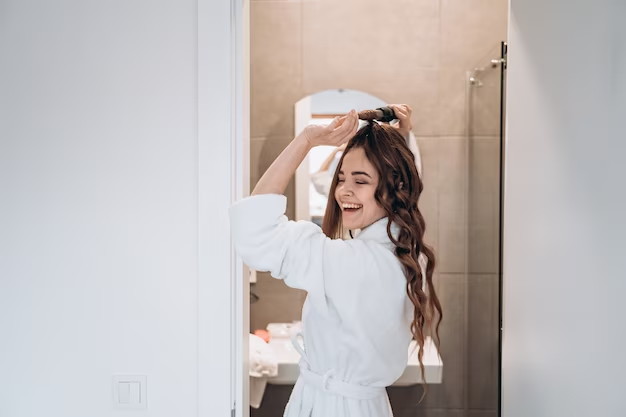
Finding Balance
Personalizing Your Hair Care Routine
Pay attention to how your hair responds to different washing frequencies. You might find that washing your hair every other day, or even twice a week, is sufficient. Consider consulting with a dermatologist or trichologist if you are having significant issues with your scalp or hair.
Tips for Healthy Hair Maintenance
- Include the use of conditioners to replenish moisture.
- Hair masks for deep nourishment.
- Utilizing lukewarm water rather than hot to minimize damage during washing.
- Be mindful of the hair products you use and seek those that are suitable for your hair type and free from harsh chemicals.
Alternatives to Daily Washing
Dry Shampoo and Other Solutions
Dry shampoo can be a lifesaver between washes, absorbing excess oil and adding volume to the roots. Other alternatives include using cleansing conditioners or co-washing, which gently clean without the harsh effects of shampoo.
Adjusting Washing Frequency
Gradually increase the time between washes, allowing your scalp to adjust and regulate its oil production naturally. Over time, many people find that their hair looks and feels better with less frequent washing.
![Stylish and Comfortable [Men's Leather Shoes] for Every Occasion](https://shopbanaccff.com/wp-content/uploads/image58.png)
Conclusion
Washing your hair every day is not inherently bad, but it might not be the best practice for maintaining the health and vitality of your hair. By understanding the structure of hair, how shampoo interacts with natural oils, and the potential effects of daily washing, you can make more informed decisions about your hair care routine. It is all about balance – listening to your hair, customizing your approach, and using appropriate hair care products and techniques to maintain a healthy scalp and lustrous locks.
FAQs
- Is it bad to wash your hair every day? It can be if you have a dry, sensitive scalp or hair that is prone to damage. Daily washing may strip natural oils, leading to dryness and irritation.
- How can you tell if you’re washing your hair too much? Signs include increased dryness, frizz, a scalp that becomes itchy or flaky, and hair that feels brittle or looks dull.
- What if I have a very oily scalp? For an oily scalp, daily washing might be necessary, but use a mild, sulfate-free shampoo and consider adding a balancing scalp treatment to your routine.
- Are there alternatives to daily shampooing for oily hair? Yes, you can use dry shampoo, co-wash with a cleansing conditioner, or rinse with water alone to help manage oil without over-washing.
- How do I transition from washing my hair every day to less frequent washing? Start by extending washes by one day at a time and using dry shampoo as needed. Your scalp will gradually adjust its oil production.




